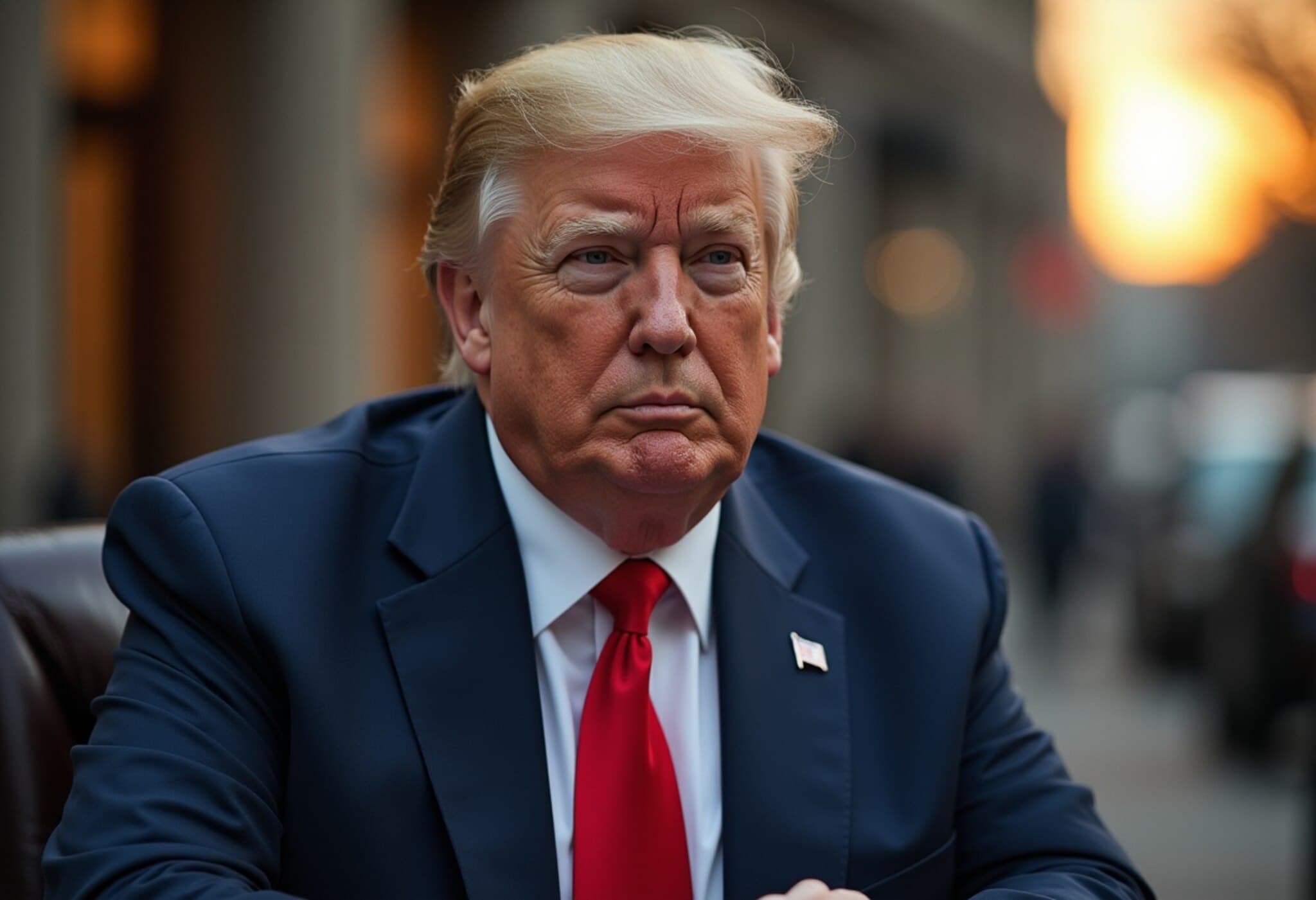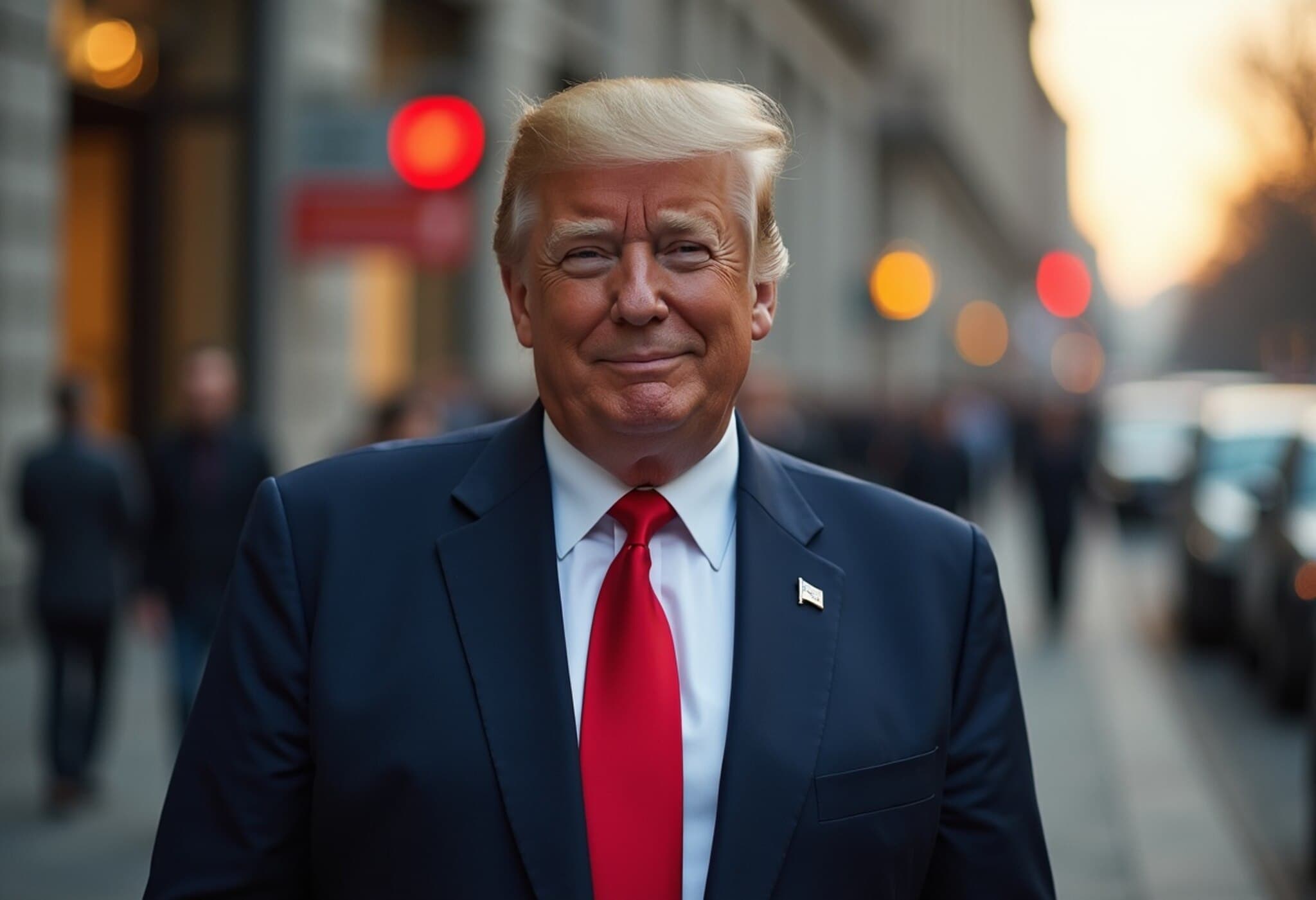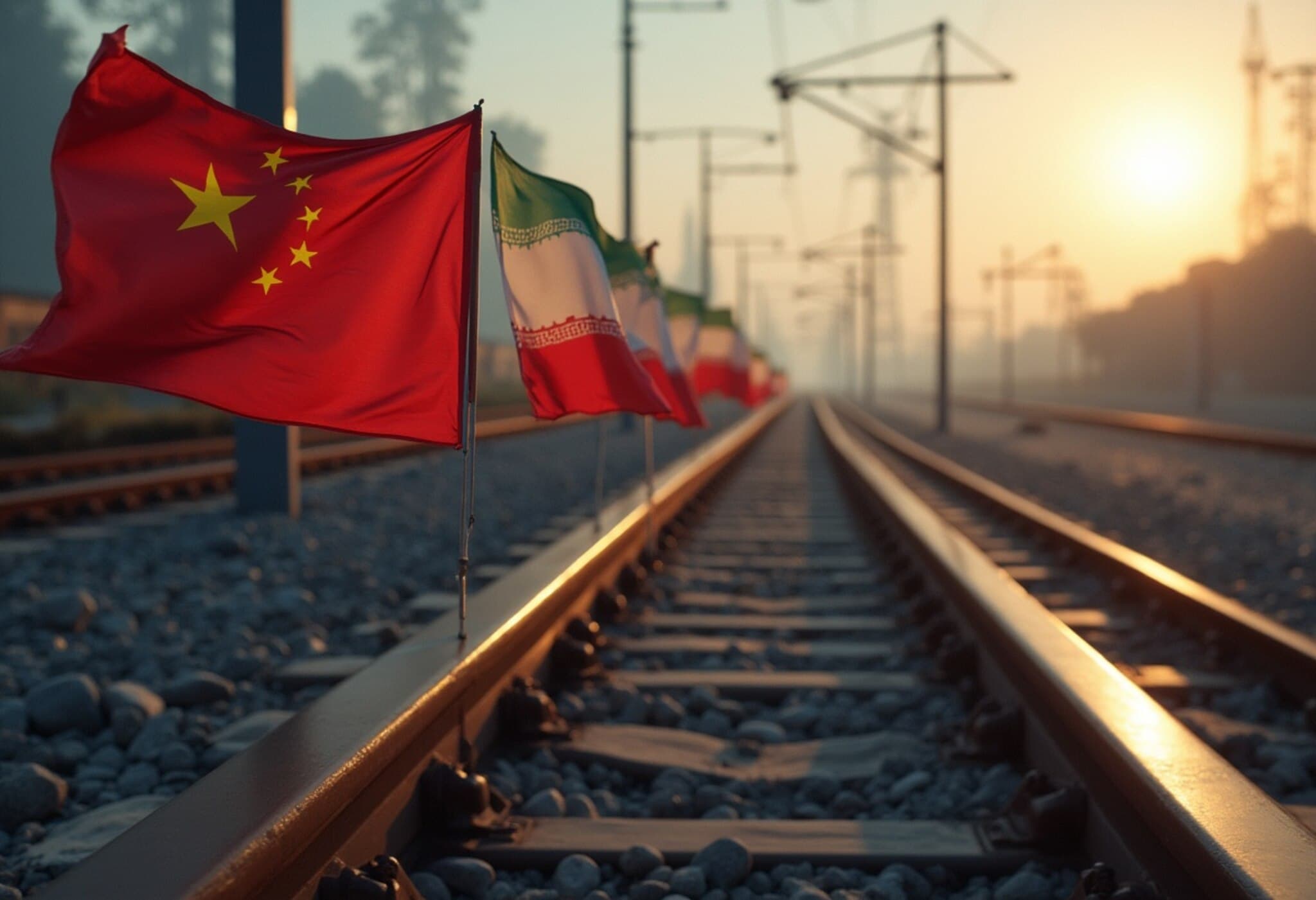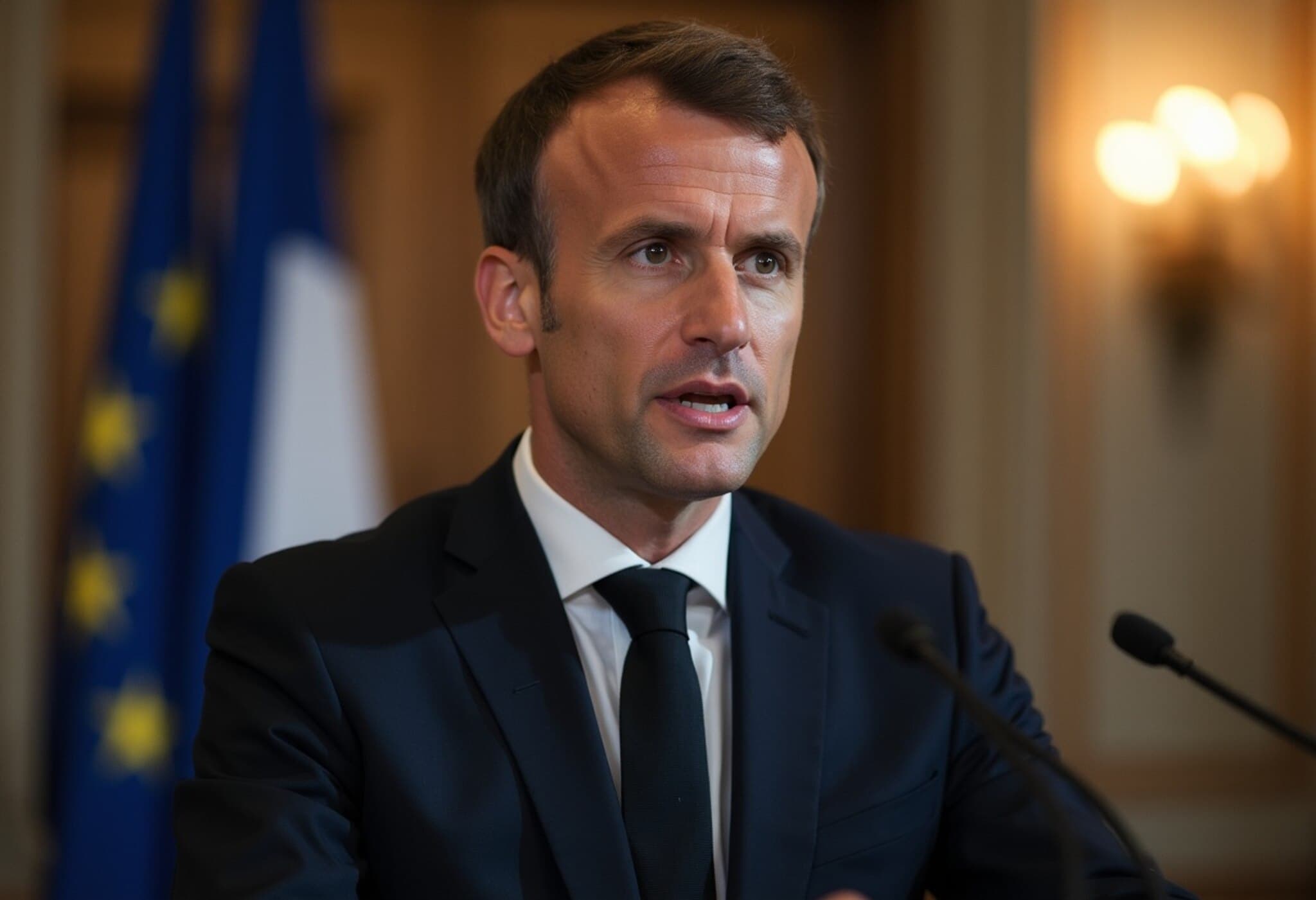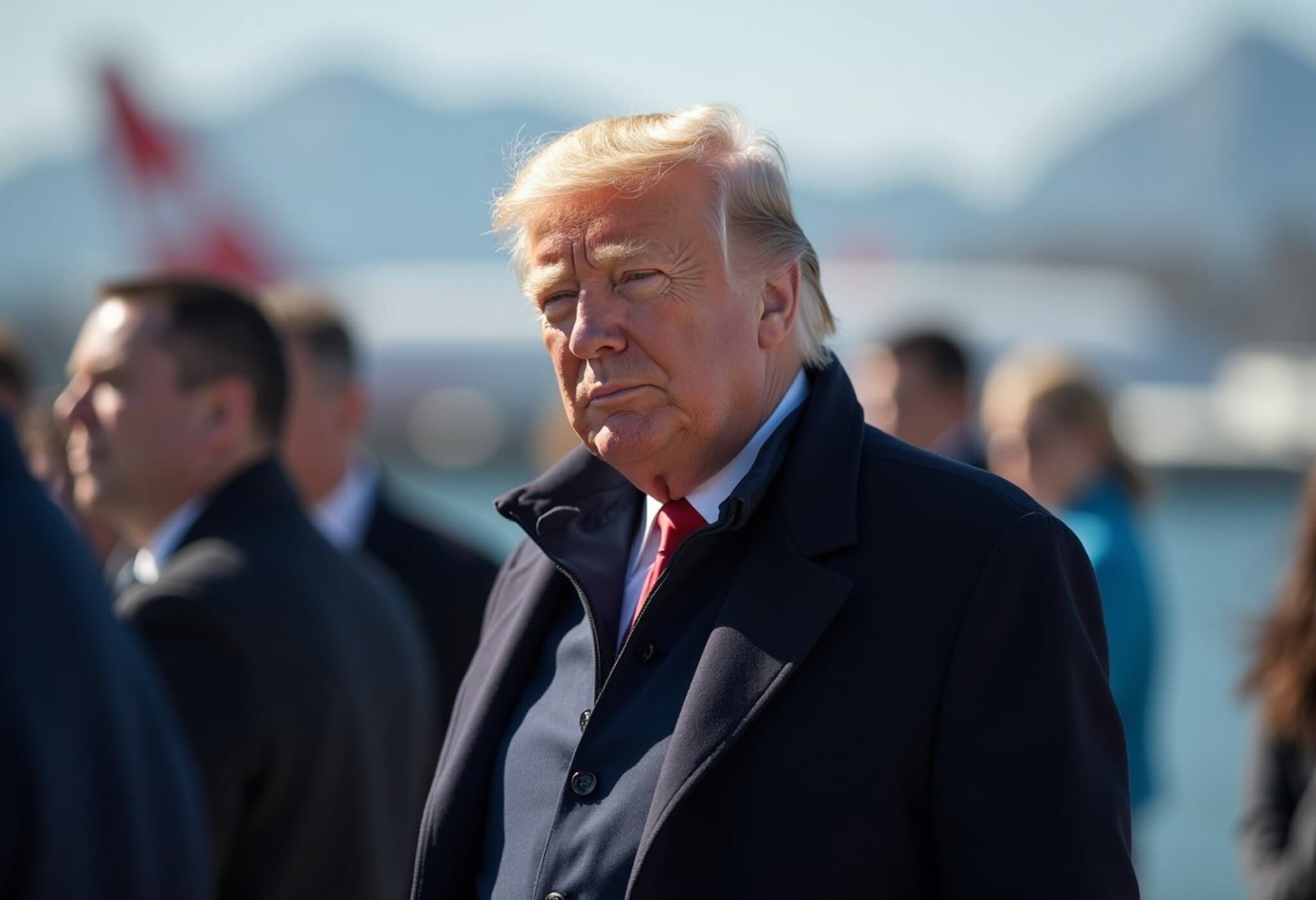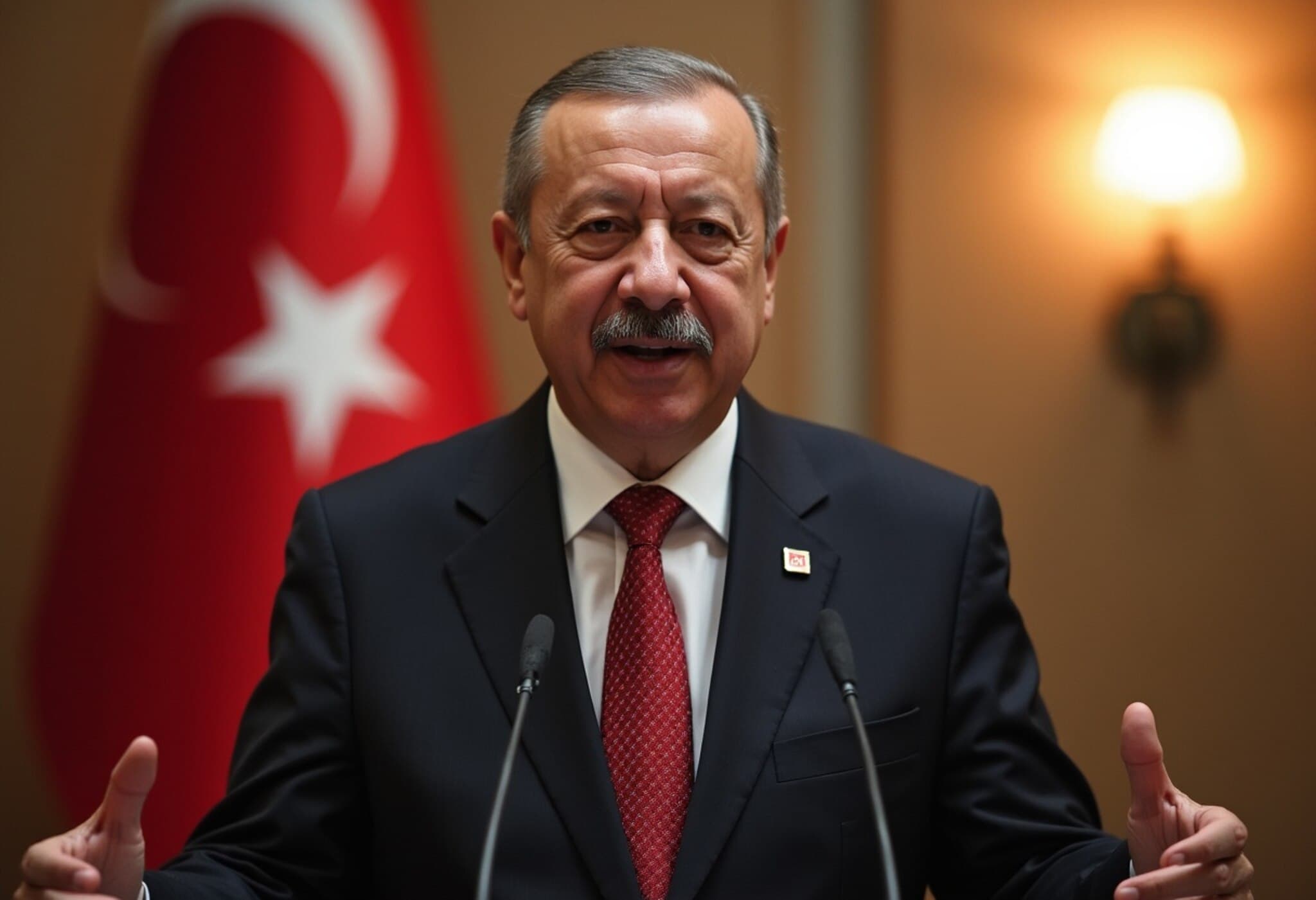Israel-Iran Conflict Stokes Alarm for China’s Energy Supply
Recent Israeli military actions against Iran have sent ripples through Beijing, igniting worries over disruptions to China's crucial energy imports and its broader ambitions in West Asia. For years, China has leaned heavily on its relationship with Iran to secure discounted crude oil and assert a stronger geopolitical presence in the region. Now, escalating tensions threaten to jeopardize both.
China’s Delicate Dependence on Iranian Oil
As the world’s top oil importer, China views the Gulf region, especially Iran, as a strategic cornerstone for its energy needs. In 2024 alone, Iranian crude accounted for nearly 15% of China's oil imports. This steady supply supports not only China’s vast energy consumption but also its broader economic and diplomatic engagements.
However, the ongoing conflict between Israel and Iran risks severing these vital energy lines. Experts emphasize that if tensions intensify, China faces significant setbacks in energy security and the loss of a valuable strategic ally in Tehran.
Beijing’s Response Amid Rising Tensions
Chinese President Xi Jinping has publicly called for an immediate de-escalation, urging all parties to reduce hostilities swiftly. Beijing has also firmly opposed American sanctions on Iran, insisting on the legitimacy of its ongoing trade with Tehran. This stance is critical, as since harsh US sanctions were ramped up in 2018, China has emerged as Iran’s economic lifeline, importing most of its oil and supplying Tehran with machinery, vehicles, and even nuclear-related equipment.
Shifts in Oil Trade and Sanction Workarounds
Data reveals a subtle decline in China’s Iranian crude imports from a peak of 1.6 million barrels per day in September 2024 to about 740,000 barrels daily by April 2025. Analysts note Iran’s oil often gets rerouted or rebranded through intermediaries like Malaysia to skirt sanctions. Despite these efforts, the threat to energy stability looms large.
According to industry watchers, even a complete halt in Iranian oil shipments could be mitigated by increased output from other OPEC+ members. Yet, the risk is profound: Iran has indicated it might block the Strait of Hormuz, a vital chokepoint through which billions of dollars in Gulf energy, including supplies bound for China, transit annually.
China’s Energy Security and Future Path
China’s undisclosed strategic petroleum reserve is estimated to cover between 90 to 100 days of supply, providing some buffer against sudden disruptions. Its energy mix is also evolving — the country has made huge inroads into renewable energy, with solar and wind power now constituting over half of its power generating capacity.
Experts believe that the current geopolitical turbulence will accelerate China’s drive for greater energy independence. This transition involves not only ramping up renewables but also electrifying transport and manufacturing sectors to lessen fossil fuel dependency.
Geopolitical Stakes and Regional Influence
Beyond energy, China’s links to Iran form a critical component of its broader Middle East strategy. The two nations inked a 25-year cooperation agreement in 2021, and Iran’s recent entry into the China-led Shanghai Cooperation Organisation underlines Beijing’s goal to challenge Western dominance.
Despite these efforts, China’s muted reaction to the crisis underscores limitations in its diplomatic reach. Analysts warn that a destabilized Iran may erode China’s influence, shaking Beijing’s aspirations to position itself as a mediating power.
Balancing Act Amid Regional Uncertainty
China also keeps a close eye on other Gulf allies, such as Saudi Arabia, whose energy exports and regional stability are equally vital. A collapse of Iran’s current power structure could mean increased American influence in the region — a development Beijing wants to avoid.
As this complex conflict unfolds, China finds itself navigating a precarious balance between safeguarding essential energy resources and projecting geopolitical strength amid growing instability.


